- Messages
- 1,166
- Reaction score
- 1
- Points
- 38
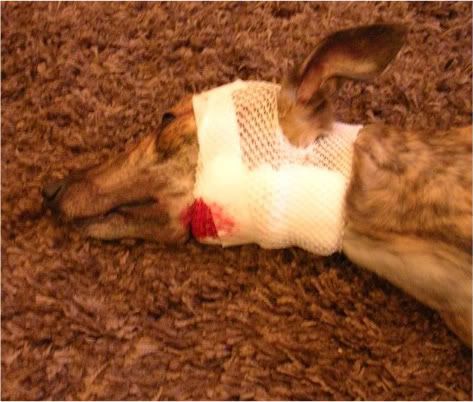
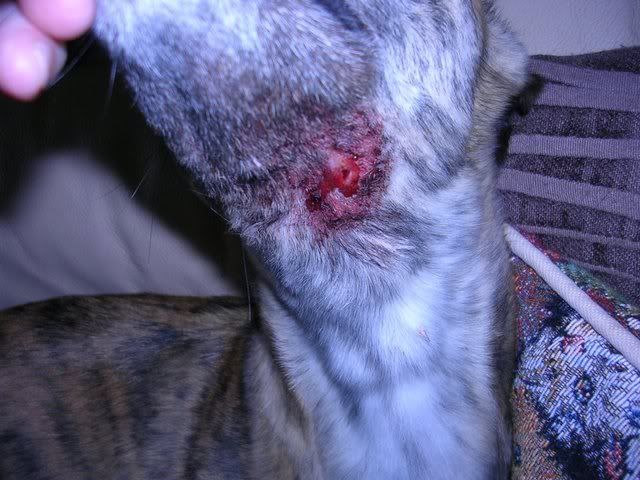
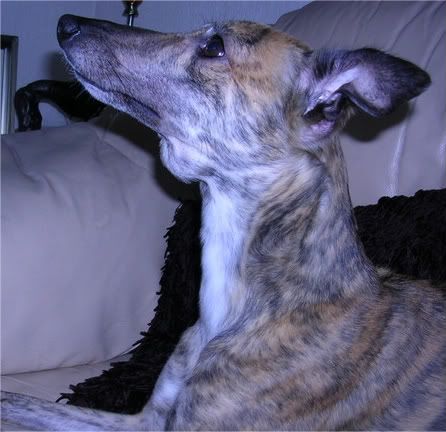
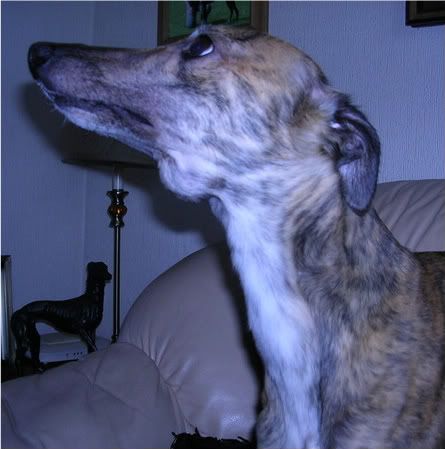
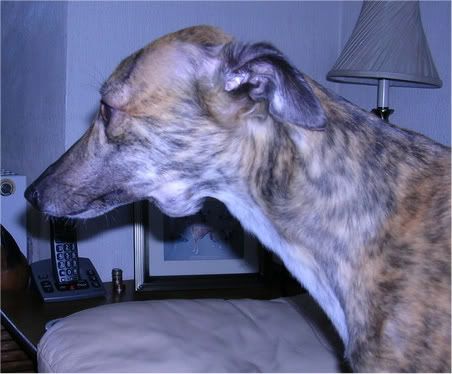
Follow along with the video below to see how to install our site as a web app on your home screen.
Note: This feature may not be available in some browsers.





I know of 4 dogs where spontaneous resolution has occurred. Vickys maid u luck, our own True Faith, another racer who I can't recall at the mo and interestingly Pats other dog Midas.with a salivary mucocele, the lump will be very uniform and even and what drains from the lump will be quite thick and sticky,whereas blood serum will be much thinner.....either way I wouldn't worry too much but pooch will need treatment for a mucocele as they don't generally cure themselves....
was only sharing my experience and offering my opinion....don't believe I suggested surgery either...but clearly there are vets on here and I'll not make this mistake again....I know of 4 dogs where spontaneous resolution has occurred. Vickys maid u luck, our own True Faith, another racer who I can't recall at the mo and interestingly Pats other dog Midas.with a salivary mucocele, the lump will be very uniform and even and what drains from the lump will be quite thick and sticky,whereas blood serum will be much thinner.....either way I wouldn't worry too much but pooch will need treatment for a mucocele as they don't generally cure themselves....
I know of literally hundreds of human patients who've been scheduled for surgery only to present on the day with them gone and I know of many, many more who've undergone what's known as a sialogram whereby the duct has a radiopaque dye injected in to acquire an xray image of the gland. During the procedure, the duct is in itself dilated by the fine needles used and this dilation widens the duct enough to maintain a free flow of saliva, thus resolving the what was once blocked mucocele.
I'm unaware of such a procedure existing in veterinary surgery though as the patient also needs to have their salivary gland stimulated whilst awake by giving things like lemon drinks / sweets etc.
Imo, I'd say around 20% of salivary gland mucoceles have surgery, Those that do usually have some abnormal pathology within the gland or a stone (the latter can also be retrieved in a much less invasive procedure if it has formed within the duct)
The big issue I have with surgery particularly in areas such as saliva glands is there is a lot of delicate anatomy around that can very easily become damaged through no fault of the vet or the surgeon. The tissues themselves are poorly defined and there are a number of very important nerves involved with other functions that tend to run straight through some of these glands. For this reason, I wouldn't want anyone jumping in unless its the rock bottom, last resort especially when given a chance, they can resolve on their own.
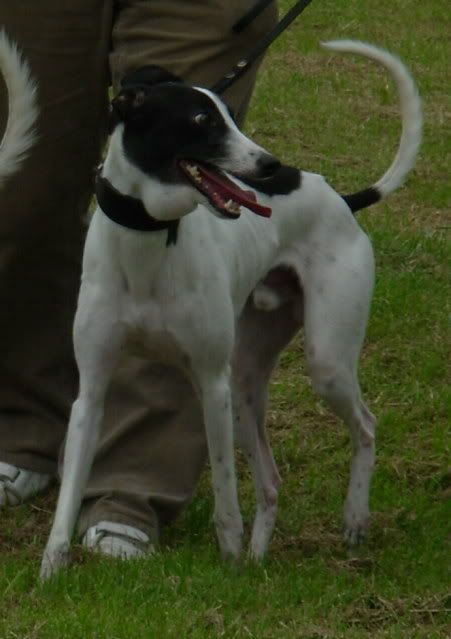
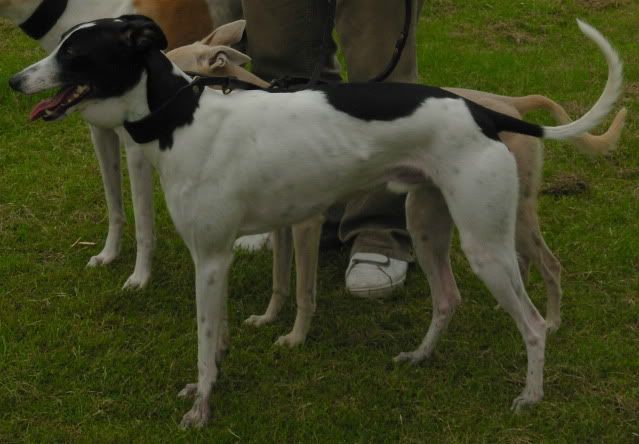
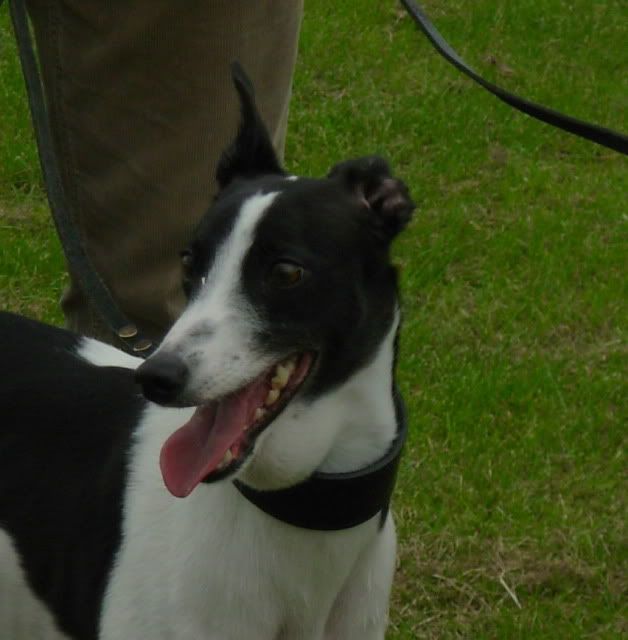
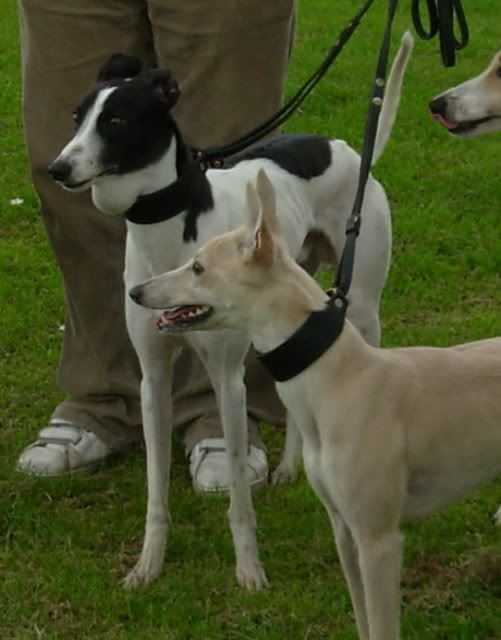
Join our vibrant online community dedicated to all things canine. Whether you're a seasoned owner or new to the world of dogs, our forum is your go-to hub for sharing stories, seeking advice, and connecting with fellow dog lovers. From training tips to health concerns, we cover it all. Register now and unleash the full potential of your dog-loving experience!
Login or Register